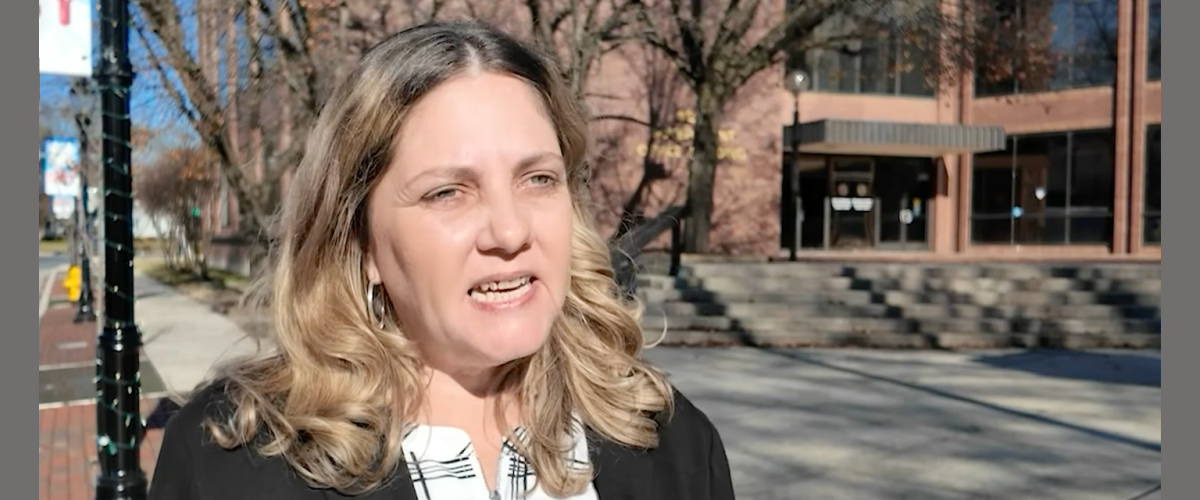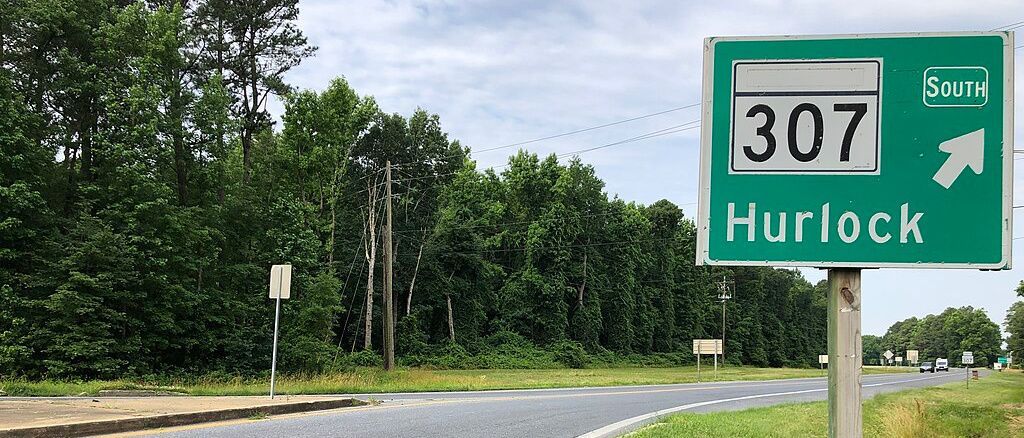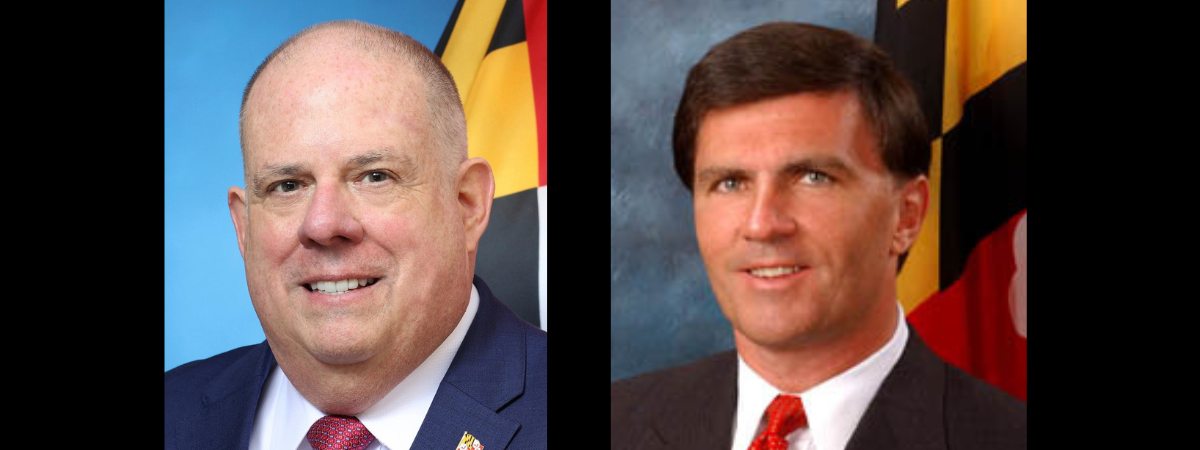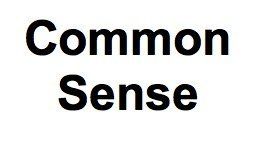Banning Books and Ideas – An Old American Tradition

On the heels of speech and language came censorship. Once people spoke, other people objected.
Sometimes, of course, the reason for objecting to or restricting speech was valid. For example, every society has laws and traditions against lying; that’s in the Bible — “Thou shalt not bear false witness.”
However, things did not stop with reasonable restrictions on speech (such as those against deceivingly yelling “Fire!” in a crowded theater). Soon, there were laws against voicing any opinion that the rulers disagreed with.
You could be whipped, jailed, or fined for saying you think the princess isn’t beautiful or that the earth isn’t the center of the universe. And heaven help you if you disagreed with the local religion; for that you could be burned at the stake.
Then, as soon as writing and printing came along, people began objecting to certain written words, especially if they contradicted or offended anyone on the subjects of violence, sex, religion, or politics. And even though freedom of expression — verbal and written — was one of the major reasons people emigrated to America, colonists were quick to censor and ban speech and books.
A book might be banned if it questioned established traditions and values or explored new ideas. It was in response to this all-too-human tendency to try to shut the other guy up that the then-shiny new U.S. Constitution in 1791 gained its first amendment, designed to promote and protect freedom of speech, press, and religion.
But this freedom must be carefully defended. The demand to ban books for their words, ideas, or values persists.
Over the years, many classic, popular, and award-winning books have been challenged, banned, or removed from schools and libraries, including To Kill a Mockingbird, Adventures of Huckleberry Finn, Of Mice and Men, The Catcher in the Rye, and all the Harry Potter books.
(Sometimes, though, banning backfires. Being labeled as “Banned in Boston” became an almost sure-fire way for a book to become a best-seller.)
The urge to ban books seems to come in waves. There are calls every year to prohibit particular books, but for the past couple of years, schools have been under much stronger and persistent pressure to remove or not purchase certain titles. Today’s most controversial topics tend to focus on works with race, gender, and LGBTQ+ themes.
School boards in Somerset, Wicomico, and Worcester counties faced opposition earlier this year to several controversial books, one of them being All Boys Aren’t Blue, a Young Adult book by George M. Johnson. Described as a “memoir-manifesto,” the book recounts the life of the writer growing up as a gay Black man in New Jersey and Virginia.
This book was removed from Wicomico County schools but kept in Worcester County and Somerset County schools. Wicomico removed the book after citizens condemned it at a school board meeting. One parent at the meeting played an audio recording of the text that described explicit sexual activity.
Mark DeLancey, director of the Salisbury PFLAG group, objected to the decision and said the group would take action. A press release by the PFLAG board raised objections to the challenges to All Boys Aren’t Blue, but did not mention the accounts of sexual activity. The PFLAG press release said those wishing to censor the book “are purposefully taking things out of context to be salacious.”
Listening to or reading only the explicit sexual actions in the Johnson book could allow one to believe that what condemned the book was not the LBGTQ+ aspect but the sexual behavior described.
On the other hand, according to RAINN (Rape, Abuse & Incest National Network), “ages 12-34 are the highest risk years for rape and sexual assault.” One may conclude that whatever can help initiate a discussion of sexual behavior and trauma must be made easily available to all.
Sources and more information at:
The Top 10 Most Frequently Challenged Books, 1999-2021. American Library Association
https://www.ala.org/advocacy/bbooks/frequentlychallengedbooks/top10
“2020’s Most Challenged Books,” Nora Krug, Washington Post, April 6, 2022.
Jane Jewell is a writer, editor, photographer, and teacher. She has worked in news, publishing, and as the director of a national writer's group. She lives in Chestertown with her husband Peter Heck, a ginger cat named Riley, and a lot of books.
Jim Block taught English at Northfield Mount Hermon, a boarding school in Western Mass. He coached cross-country, and advised the newspaper and the debate society there. He taught at Marlborough College in England and Robert College in Istanbul. He and his wife retired to Chestertown, Md. in 2014.
Common Sense for the Eastern Shore







